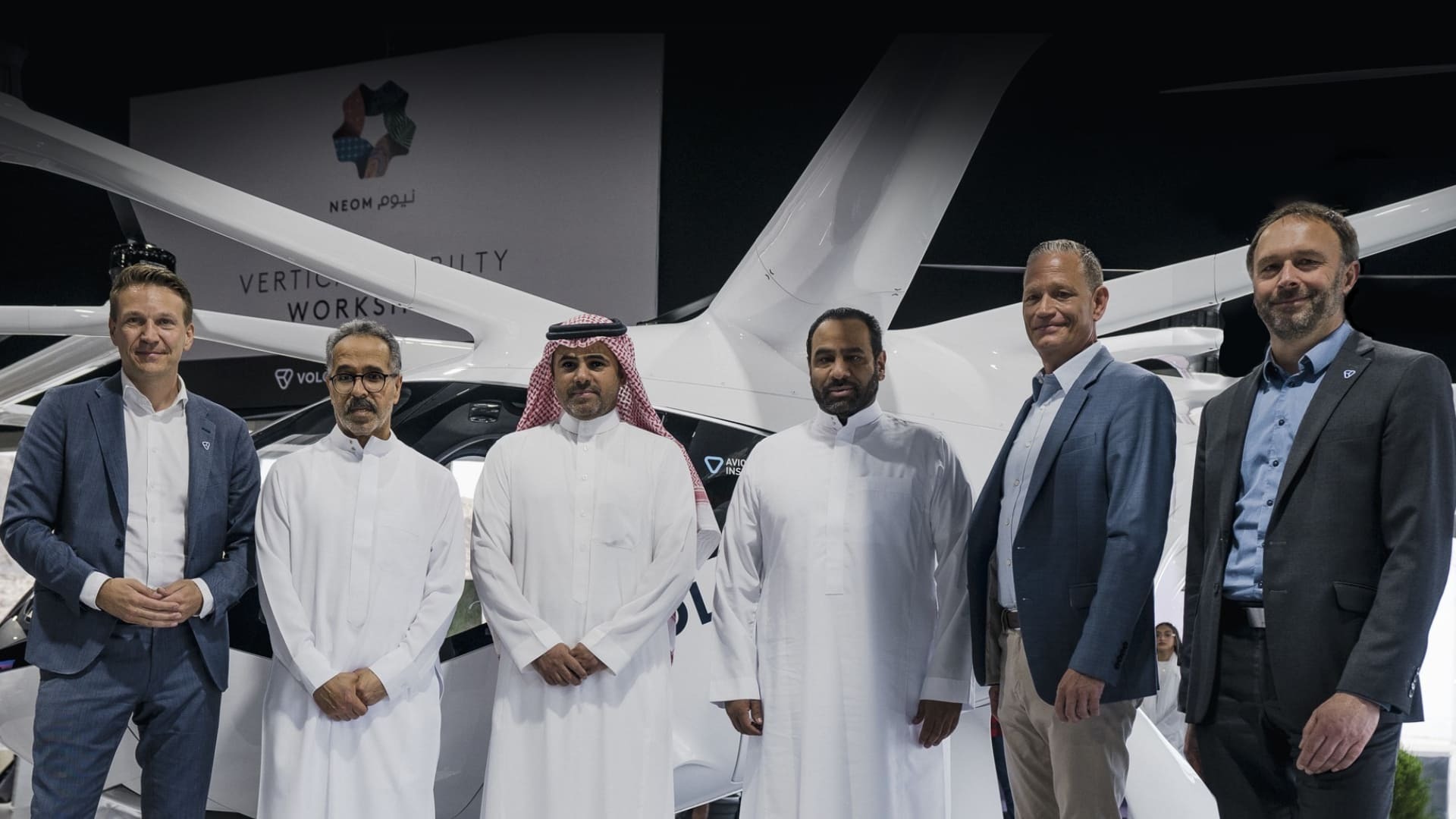In the rapidly evolving landscape of artificial intelligence (AI), it is essential to question and critically evaluate the prevailing approaches adopted by individuals, society, businesses, governments, and institutions. While there is no denying the potential disruptions and changes that AI brings, it is worth examining whether the current definitions and approaches to AI opportunities, challenges, and safety are narrow and limited. This article aims to challenge the conventional mindset and advocate for a broader perspective—one that celebrates and encourages the work of the human hand and human ingenuity alongside technological advancements.
01. Rethinking the Narrative.
Often, the discussions surrounding AI focus on the potential threats and risks, which can overshadow the immense opportunities it presents. While it is important to address ethical and safety concerns, we should also recognize the power of AI as a tool that can augment human capabilities, creativity, and innovation. By reframing the narrative, we can foster a mindset that appreciates the collaborative potential between humans and AI, rather than perceiving them as competing forces.
02. Lessons from History.
Throughout history, new technologies, policies, and leadership approaches have brought about both destructive and costly consequences, but they have also propelled us forward. It is crucial to remember that the transformative power of innovation lies not only in its potential negative outcomes but also in the positive impact it can have on society. AI should be viewed as an opportunity to leverage human ingenuity and create a better future, rather than a force that solely threatens our existence.
03. Beyond Automation. Nurturing Human Expression.
While automation and efficiency are often touted as the primary benefits of AI, it is equally important to nurture and celebrate the human spirit and imagination. The arts, handcrafted goods, and other forms of human expression add richness and depth to our lives, creating a tapestry of creativity that cannot be replicated by machines. Embracing AI should not overshadow the value of human creativity, but rather enhance and complement it, enabling us to explore new frontiers of innovation and expression.
04. The Role of Education and Empowerment.
To ensure a balanced approach to AI, education and empowerment play a pivotal role. Promoting AI literacy among individuals, fostering interdisciplinary learning, and encouraging a diverse range of perspectives will equip society with the necessary tools to navigate the AI-driven world. By cultivating a deep understanding of AI’s capabilities and limitations, we can make informed decisions that prioritize human values and aspirations.
05. Collaborative Governance and Ethical Frameworks.
As AI continues to advance, establishing collaborative governance frameworks becomes crucial. By bringing together stakeholders from academia, industry, government, and civil society, we can collectively shape policies, regulations, and ethical guidelines that prioritize the well-being of individuals and society. This inclusive approach ensures that AI aligns with our shared values and aspirations, avoiding the pitfalls of narrow-minded decision-making.
In the era of AI, it is imperative to transcend the prevailing limited perspectives and embrace a broader outlook that celebrates the human spirit and imagination. While acknowledging the challenges and safety concerns, we should not lose sight of the opportunities that AI offers to enhance human creativity and innovation. By fostering collaboration, nurturing human expression, and empowering individuals through education, we can shape a future where AI and human ingenuity harmoniously coexist, enriching society and propelling us toward a more inclusive and prosperous world.
The mission of companies like guzz, which promote the human spirit and imagination, becomes a guiding light in this transformative journey.










